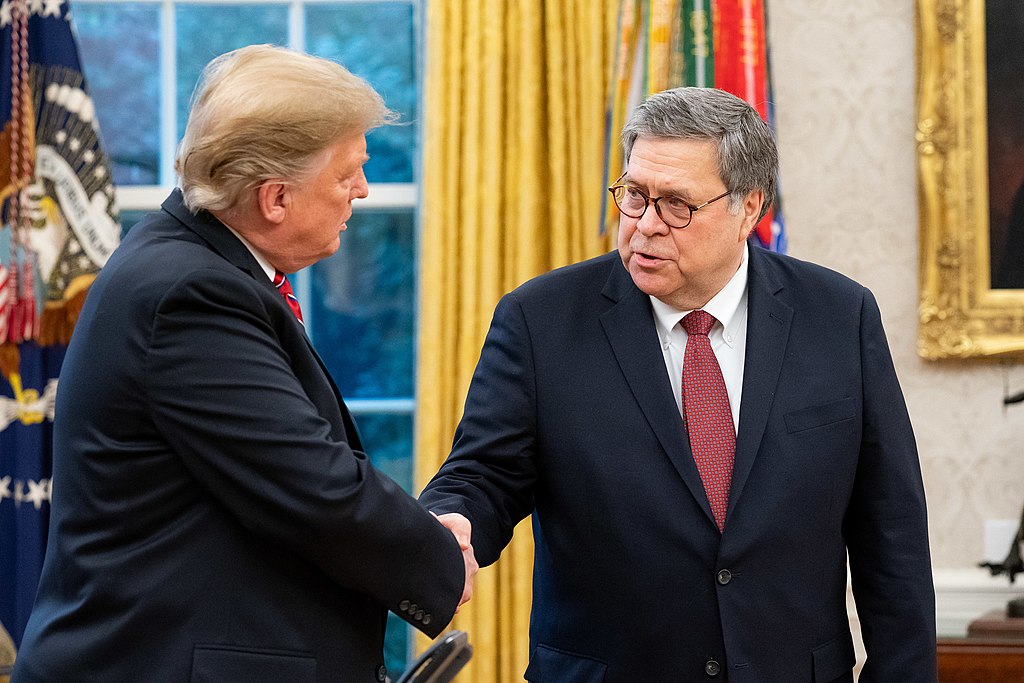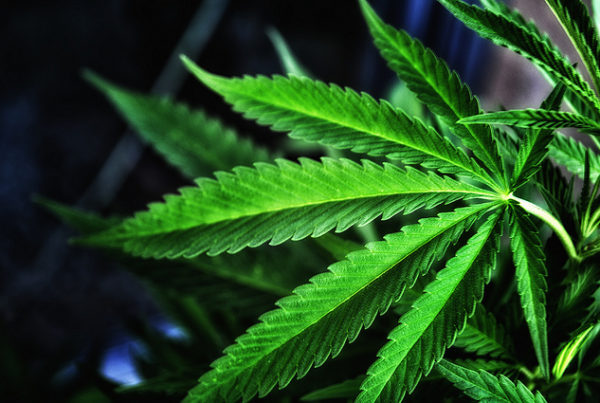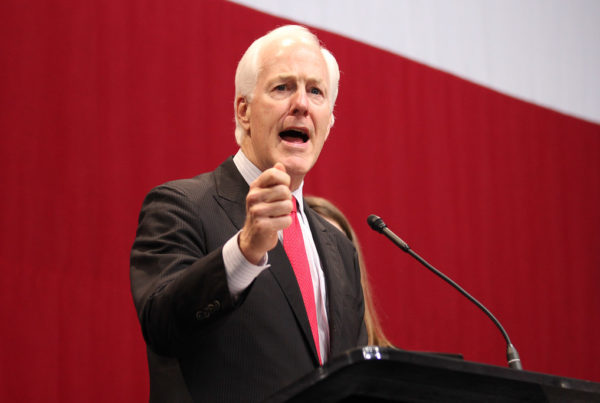The eyes of Texas are on the release by the attorney general of the redacted report of the special counsel, Robert Mueller. His team spent more than two years investigating Russian interference with the 2016 presidential election, whether there were any ties between Russia and Donald Trump’s campaign and possible presidential obstruction of justice.
Attorney General William Barr held a news conference before the report’s publication. Barr said the special counsel “found that the Russian government sponsored efforts to illegally interfere with the 2016 presidential election, but did not find that the Trump campaign, or other Americans colluded in those efforts.”
Mark Jones, a fellow in political science at the Baker Institute at Rice University, says the report, and Barr’s characterization of it, puts discussion of collusion between the campaign and Russia “in the rearview mirror.” But, he says, obstruction of justice by then-candidate Trump, or his campaign were not ruled out by the report.
Ten episodes involving the president were detailed in the report, which, as the attorney general said at his news conference, “discusses potential legal theories for connecting those activities to the elements of an obstruction offense.” Barr concluded that the evidence was not sufficient to warrant charges of obstruction against Trump.
Jones says Democrats in the House will be pouring over the Mueller report, most likely to identify points of disagreement with the attorney general’s findings.
Portions of the Mueller report remain redacted – Barr held back portions he said could compromise intelligence sources and methods, secret grand jury material, information that would impede ongoing cases and material that harms the privacy of individuals who are peripheral to the investigation Jones says a bipartisan Congressional committee will see that material – other than grand jury information, which is secret, by law.
Written by Shelly Brisbin.















